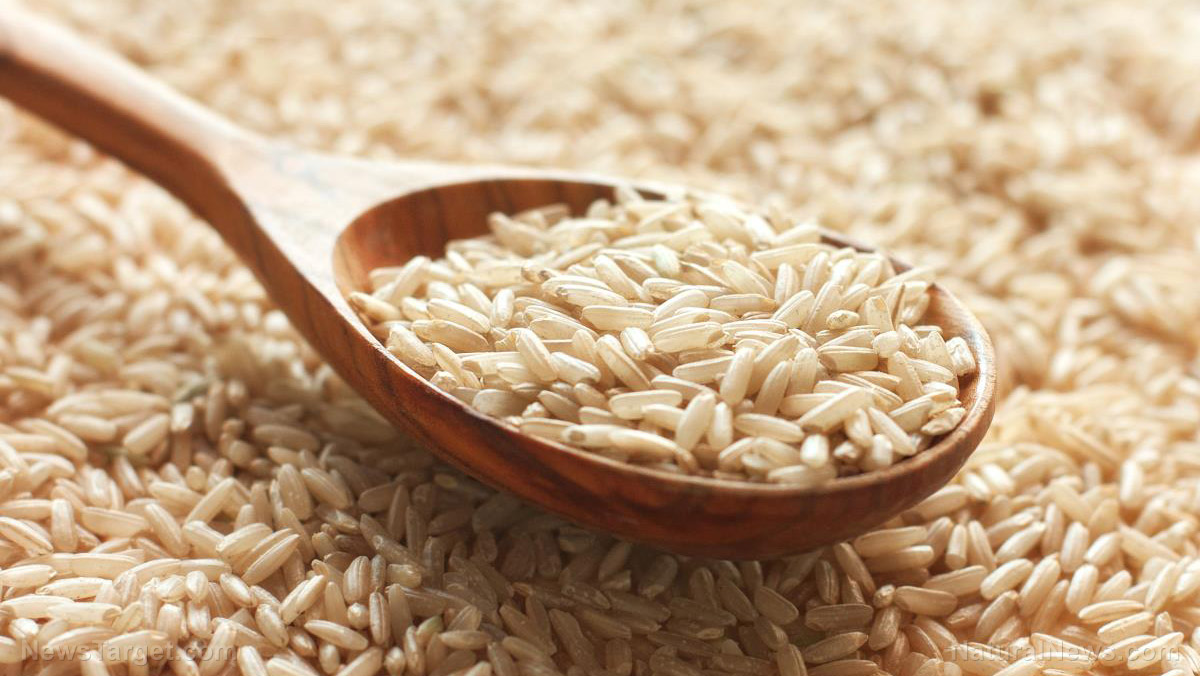03/26/2018 / By Jessica Dolores
The occurrence of Alzheimer’s disease has grown significantly over the years. It now makes up a significant 50 to 70 percent of dementia syndromes.
The disease, described as a continuous neurodegenerative disease that occurs in three stages – mild, moderate and severe – has become the subject of a recent study published in Nutrire which aims to improve the nutrition of Alzheimer’s patients.
- The researchers believe weight loss (caused by low energy consumption) and behavioral changes in patients lead to a decline in their quality of life, as well as that of their caregivers.
- The research team notes that the use of several medications for the disease and the kind of behavior related to them increase the risk of adverse symptoms relating to the gastrointestinal tract which can affect food intake and lead to weight loss among the patients.
- In mild stages of the disease, evidence shows that increasing the intake of nutrients like choline, docosahexaenoic acid (DHA), eicosapentaenoic acid (EPA), and uridine monophosphate can help Alzheimer’s patients.
- Diets consisting of fish, fruits, and vegetables have been associated with lower incidence of dementia.
- Moderately impaired patients need 1.5 g/kg of protein a day for nitrogen balance and increased muscle mass to prevent weight loss that could lead to malnutrition.
- Patients with severe symptoms of Alzheimer’s may develop dysphagia or difficulty swallowing. This may affect food intake which can lead to malnutrition and dehydration. Caregivers are advised to modify the feeding consistency, adding more water and reducing the caloric density of the meal.
- The researchers note that dietary supplements may maximize the patients’ nutritional levels and help improve their immune response.
The findings suggest that nutrition plays a key role in helping Alzheimer’s patients cope in all three stages of their condition.
Journal reference:
Kamikado G, Vieira N, da Ponte J., De Moraes D, Bertolucci P. NUTRITIONAL MANAGEMENT FOR ALZHEIMER’S DISEASE IN ALL STAGES: MILD, MODERATE, AND SEVERE. Nutrire. 10 Jan. 2017. DOI: doi.org/10.1186/s41110-016-0025-7
Receive Our Free Email Newsletter
Get independent news alerts on natural cures, food lab tests, cannabis medicine, science, robotics, drones, privacy and more.



















